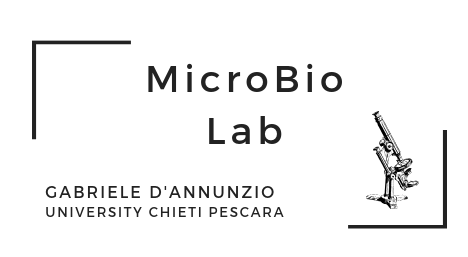Microbial colonization and resistome dynamics in food processing environments of a newly opened pork cutting industry during 1.5 years of activity
Food processing environments (FPE) represent significant sources of microorganisms contributing to cross-contamination in both raw materials and processed foods, posing substantial implications for food quality and safety. This longitudinal study proposes that the microbiome in newly established food manufacturing facilities experiences waves of succession before stabilizing; furthermore, it suggests that daily processing and sanitation activities influence the abundance and composition of antimicrobial resistance determinants, potentially establishing reservoirs or hotspots of antimicrobial-resistant microorganisms within FPEs. The results reveal a notable disruption in the microbiome coinciding with the onset of meat-cutting activities, introducing carcass-associated antimicrobial-resistant microorganisms and antimicrobial resistance genes (ARGs), particularly those conferring resistance to antibiotics commonly used in pig farms in the region. Moreover, the study identified various environmental reservoirs of antimicrobial resistance within the pork cutting facility, notably drains and certain food contact surfaces (FCS), such as equipment and table surfaces.
Suggested by our guest Prof. Avelino Alvarez-Ordóñez
